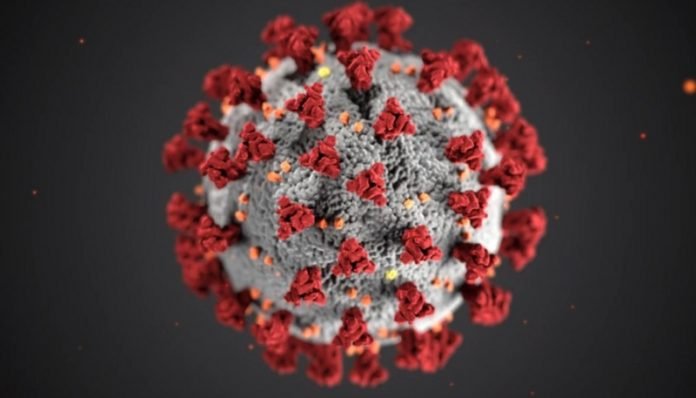
Scientists from Vanderbilt University found that the virus that causes COVID-19 can develop partial resistance to the antiviral drug remdesivir during infection.
The research is published in Science Translational Medicine and was conducted by Mark R. Denison et al.
Remdesivir is a critical antiviral in our armamentarium to treat COVID infections and limit illness, hospitalization and death.
To date, there have been very few reports of resistance to remdesivir in clinical practice.
Given by intravenous injection, remdesivir stops the virus, SARS-CoV-2, by preventing its RNA genome from being copied.
In the study, the team showed that upon repeated exposure to the parent nucleoside (compound) of remdesivir in cell culture, SARS-CoV-2 developed mutations in the polymerase enzyme that copies its RNA genome.
These mutations, which emerged after prolonged passaging of virus in the presence of the drug, enabled SARS-CoV-2 to partially evade remdesivir’s antiviral effect.
The mutations also could confer resistance in a mouse coronavirus that does not infect humans.
The team also showed that the mutations resisted remdesivir by two distinct mechanisms.
They say they must be sure that doctors can continue to use this antiviral against COVID, future human coronaviruses and potentially even against our known human coronaviruses.
If you care about COVID, please read studies about new treatment option for COVID-19, and E-cigarettes with this flavor can harm your lungs most.
For more information about COVID, please see recent studies about a universal antibody therapy for all COVID-19 variants, and results showing this new oral drug may prevent death from COVID-19.
Copyright © 2022 Knowridge Science Report. All rights reserved.



